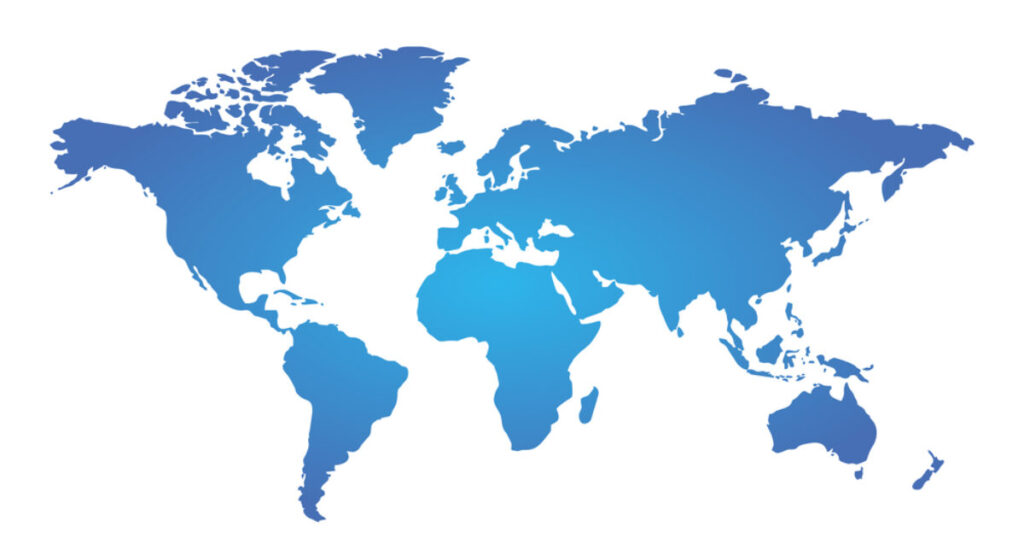In recent developments across the globe, various nations are witnessing profound political upheavals that echo sentiments against globalization and highlight the emergence of populist governance. For instance, the recent election of Donald Trump in the United States and the collapse of the French government reflect a growing discontentment with conventional leadership and policies associated with globalist organizations. Across Europe, countries like Romania and Georgia appear poised to pivot away from establishment figures, suggesting a broader trend wherein citizens are dissatisfied with their current governments. Economic hardships exacerbated by climate policies and prolonged conflicts, particularly in regions like Ukraine, have marked a significant shift in public opinion and approval ratings for globalist-aligned leaders.
France’s upheaval serves as a stark example of the growing chaos within national governments, as President Emmanuel Macron’s presidency faces rising resentment. The economic strain felt by citizens, attributed to international policies, has led to a spiraling approval rating for leaders who embrace such approaches. Moreover, in Ukraine, President Zelensky’s popularity has significantly waned as citizens grapple with ongoing war and escalating economic issues. It becomes apparent that the crux of public dissatisfaction stems from the perception that leadership is failing to address their immediate needs and concerns, seemingly prioritizing global agendas over local citizens’ welfare.
The current global political landscape reveals a widening gap in leadership qualities and public trust, highlighting a dichotomy wherein traditional political structures are increasingly being challenged. Donald Trump and Vladimir Putin emerge as prominent figures perceived to resist a globalist agenda, suggesting that their influence plays a significant role in the broader global struggle against perceived encroachments on national sovereignty and individual freedoms. There is a growing rhetoric positioning these leaders as obstacles to an impending “New World Order” aimed at consolidating power through digital currencies and biometric identities, raising concerns among citizens globally.
Simultaneously, the momentum for populist candidates, such as Calin Georgescu in Romania, underscores a burgeoning shift towards nationalism and conservative values in European politics. His ascent indicates a potential reconfiguration of political norms in Romania, wherein traditional elites face challenges from candidates advocating for national interests over globalist entwinements. Georgescu’s campaign is marked by skepticism about NATO and EU affiliations, resonating deeply with a populace frustrated with political corruption and decisions perceived as serving foreign interests. This reflects a significant ideological pivot toward sovereignty and local governance, questioning the established politico-economic paradigms in the region.
Amid this shifting dynamic, Georgescu’s popularity has elicited strong reactions from globalist proponents. His critiques of Ukraine’s military aid and voice against prevalent extreme agendas have drawn significant media scrutiny, branding him as a far-right extremist. Such labeling illustrates the lengths to which media and political establishments will go to delegitimize voices challenging the status quo, which, paradoxically, brings further attention to his claims and positions. Georgescu has even proposed controversial theories regarding global elites and systemic exploitation of vulnerable children, aligning with narratives often marginalized in mainstream discourse.
The convergence of these developments paints a picture of a restless electorate ready to disrupt status quo governance. The crises instigated by economic challenges, conflicting ideologies, and a struggle for control over national sovereignty seem to indicate a significant turning point in global political history. The momentum behind populism and nationalist sentiments reflects a broader rejection of globalist mechanisms, emphasizing a critical reckoning as nations grapple with entrenched political establishments. As citizens call for change and demand accountability from their leaders, the implications for global governance and the order of international relations remain uncertain and profoundly pivotal.

